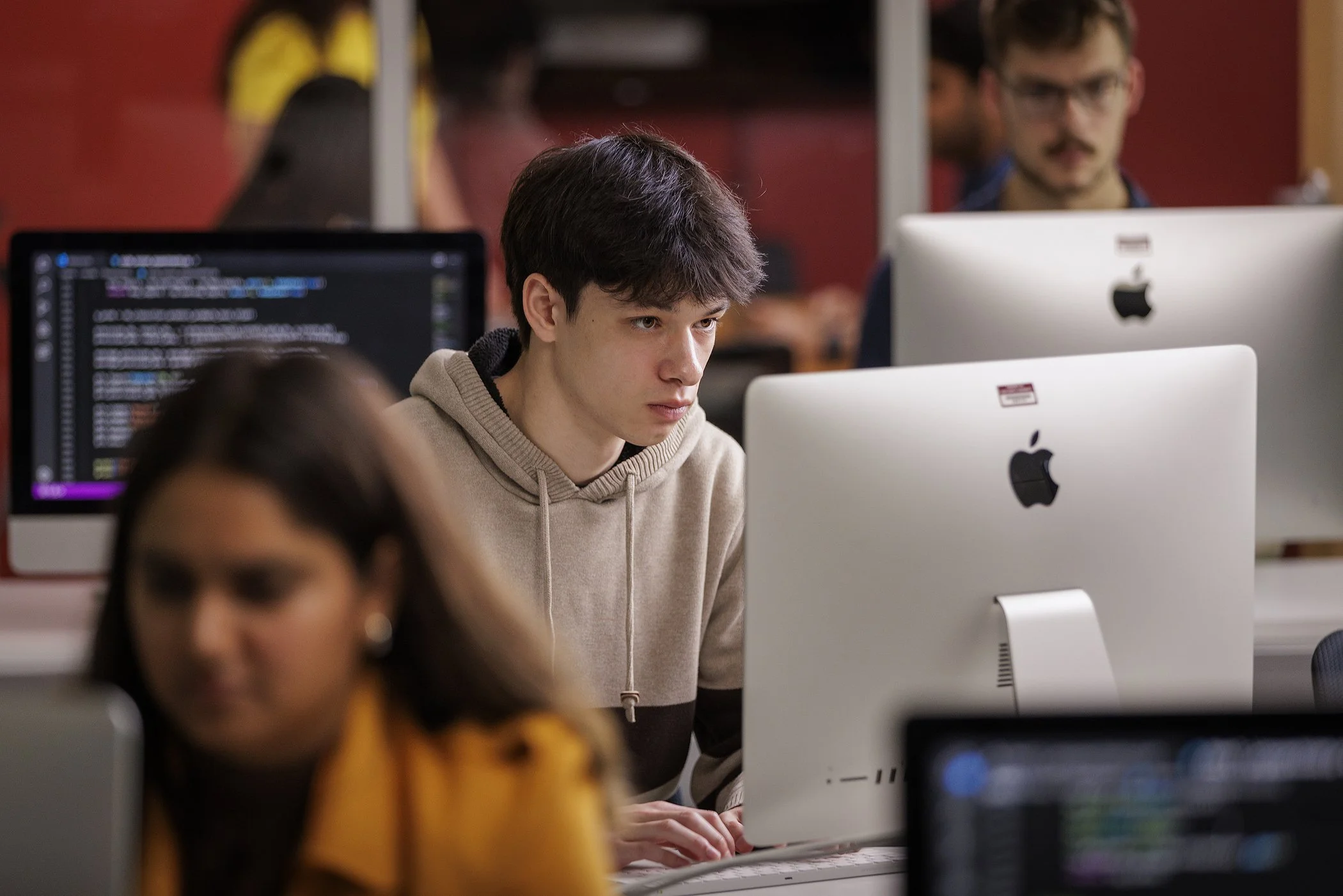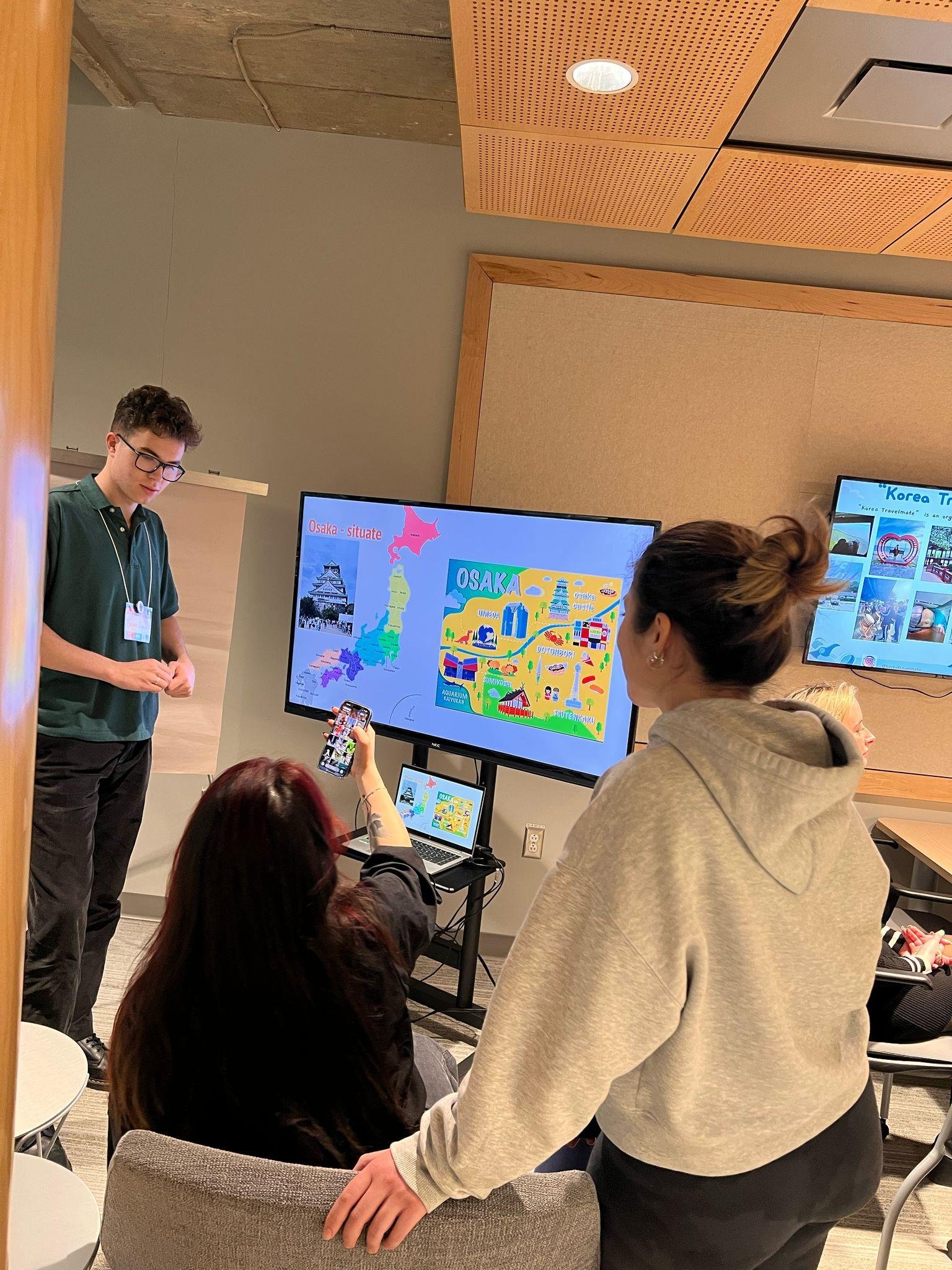University of Jyväskylä, is offering its 31st Summer School https://www.jyu.fi/en/research/summer-and-winter-schools/jssfor advanced Master's students, PhD, and post-docs from the field of Mathematics and Science and Information Technology. The program offers participants the chance to boost their STEM knowledge, while creating scientific networks and memories. It is also a great opportunity to spend time in an international science community.
The courses are taught from Aug 8-12 and Aug 15-19, and are divided in the following three themes:
Science in Society
Basic Natural Phenomena
Scientific Imaging and Modelling
Please feel free to let your graduate students know. Interested students can contact the Global Learning Office (miyuki.arai@smu.ca) so we can assist them with the program/funding applications.
The program application is due on April 30.
Jyväskylä Summer School of 2022 will be arranged in hybrid mode (in person and/or online). More detailed information regarding the study mode of each course is specified in the course descriptions
Summer School 2022 Course Programme
Week 1 (8. - 12.8.2022)
· CH1: Food Science Lab Course (Forthem short term mobility)
· CH3: Target Oriented Synthesis TOS
· PH1/NANO1: Emergent Quantum Matter in Artificial Two-dimensional Materials
· PH2: Axion: Cosmology and Astrophysics
· MA1: The Boundary Control Method and Inverse Problems for the Wave Equation
· MA2: Introduction to the Mathematics of X-ray Imaging: X-ray Transforms
· MA3: Stochastic Modelling and Numerical Tools around the Physics of Complex Flows
· COG1: Emerging Technologies and Standards for Inclusive and Accessible Design
· SSA1: The Landscape of Hybrid Threats: Culture and Changing Nature of War
· IS1: Topical Course on Digital Services (NB! Course lasts through both weeks)
Week 2 (15. - 19.8.2022)
· BIO3: Joint Species Distribution Modelling with Hierarchical Modelling of Species Communities (HMSC)
· CH4: Conductor-like Screening Model for Real Solvents (COSMO-RS)
· STAT1: Applied Compositional Data Analysis: Multivariate and Functional Approaches
· NANO2: Spectroscopy in Nanoscale
· COM1: Interactive Multiobjective Optimization: Applications and Tools to Support Decision Making
· COG2: Accessible Visualizations: Conveying Information Across Sensory Modalities
· IS1: Topical Course on Digital Services (NB! Course lasts through both weeks)


















